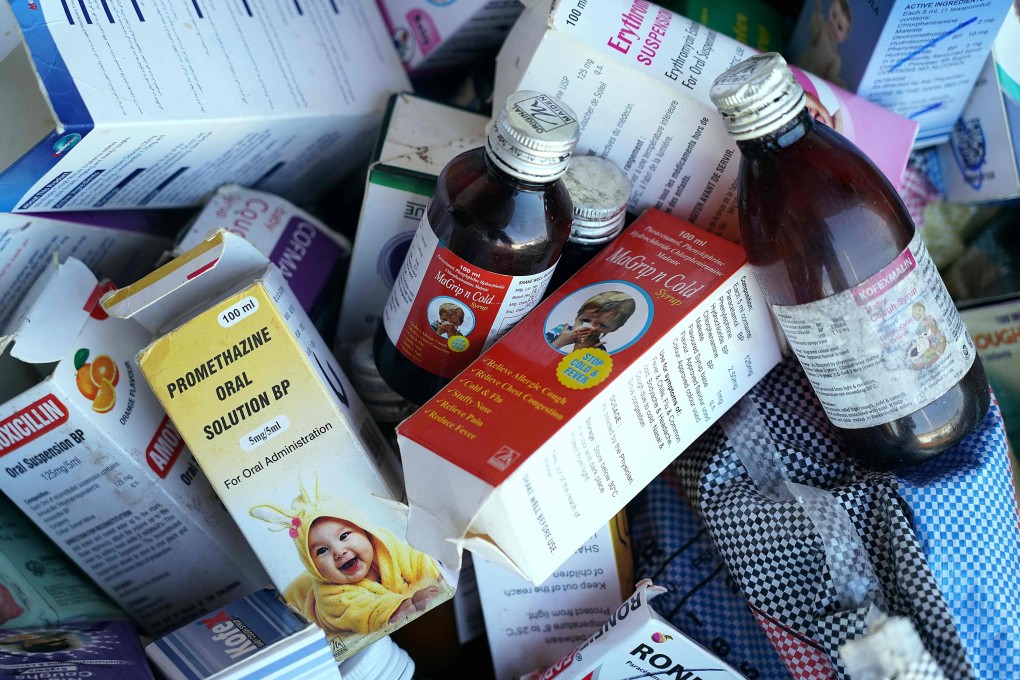Indian pharmaceutical industry faces ‘a lot of harm’ from global scrutiny over cough syrup deaths
- Analysts say Indian authorities should move quickly to investigate allegations of cough syrup test swaps
- To salvage the US$41 billion pharmaceutical industry’s reputation, the India government’s efforts to improve standard of exports should be comprehensive instead of ‘knee jerk’

The comments by analysts followed a Tuesday report by Reuters, which reviewed a letter written by a lawyer named Yashpal who accused Haryana state’s drug controller, Manmohan Taneja, of accepting a bribe of 50 million rupees (US$605,000) from local manufacturer Maiden Pharmaceuticals to help it switch the syrup samples before an Indian government laboratory tested them. Maiden’s factory is based in Haryana state.
Reuters was unable to independently establish that any bribes were paid.
Indian authorities conducted tests on the Maiden Pharmaceuticals syrups late last year after the World Health Organization (WHO) linked them to the deaths of at least 70 children in Gambia, most below age five, from acute kidney injury between June and October.
Tests of samples of the syrup, which were conducted with help from the WHO, had confirmed the presence of lethal toxins – ethylene glycol and diethylene glycol, commonly used in car brake fluid – and sparked a global hunt for contaminated medicines.
“This is causing the Indian pharmaceutical industry’s brand reputation a lot of harm,” said Amir Ullah Khan, a professor of health economics at Dr MCR HRD Institute of Telangana in southern India. “It’s not just the manufacturer who should be accountable, but somebody’s job has to go.”
The government’s response of raising standards on exports of cough syrups appeared “knee jerk” rather than comprehensive, Khan said.